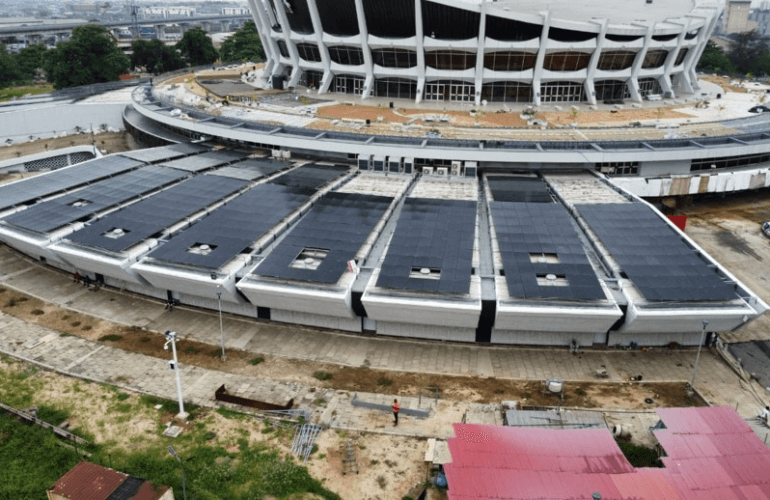Firm to deploy renewable energy to stay afloat Telecommunications firm, Airtel Nigeria, has lamented hike in diesel prices, which has pushed its fuel cost to N28 billion. As such, Airtel, which said it will be exploring solar energy to stay afloat, said the move towards renewable energy is part of a broader strategy to reduce operational expenses and enhance sustainability amidst Nigeria’s persistent energy challenges.
The Director of Corporate Communications and Corporate Social Responsibility, Femi Adeniran, revealed this during a media roundtable in Lagos, yesterday, citing the company’s records as of May. Adeniran said this is impacting the firm seriously, saying the ?rm is looking for a more sustainable way that will keep the company and the industry going. On his part, Airtel Nigeria’s Chief Technical Officer, Harmanpreet Dhillon, said the company was exploring alternative energy options such as solar power among others.
Dhillon disclosed that the telecommunications firm powers its base stations with about 22 million litres of diesel to power its over 15,000 sites across Nigeria monthly. He said the company is also exploring the use of outdoor-operable electronics and telecom equipment to reduce energy consumption and eliminate the need for indoor air conditioning. He disclosed that the move towards solar and other renewable energy is aimed at addressing the challenges posed by Nigeria’s unreliable power supply, which currently forces telecoms operators to rely heavily on diesel generators.
According to him, the company was exploring hybrid solutions—lithium batteries and solar—to lower its energy bill. Director of Information Technology, Kemi Ariyo, highlighted Airtel’s plans to pioneer green technologies in its data centres. The company is constructing a new data centre, expected to be completed by 2027, which will enhance its capacity and sustainability.
Recall that McKinsey recently noted that companies could save up to 30 per cent on energy costs by adopting renewable energy solutions and other technologies. In one of his submissions, the Chairman, Association of Licensed Telecoms Operators of Nigeria (ALTON), Gbenga Adebayo, said: “The biggest constraint in the telecoms industry is high energy cost. If the government had continued to fulfill its part of the bargain it made in the early 2,000s to provide 18 hours of electricity, the heavy logistics and the capital we spend today from powering sites would not be there.”



